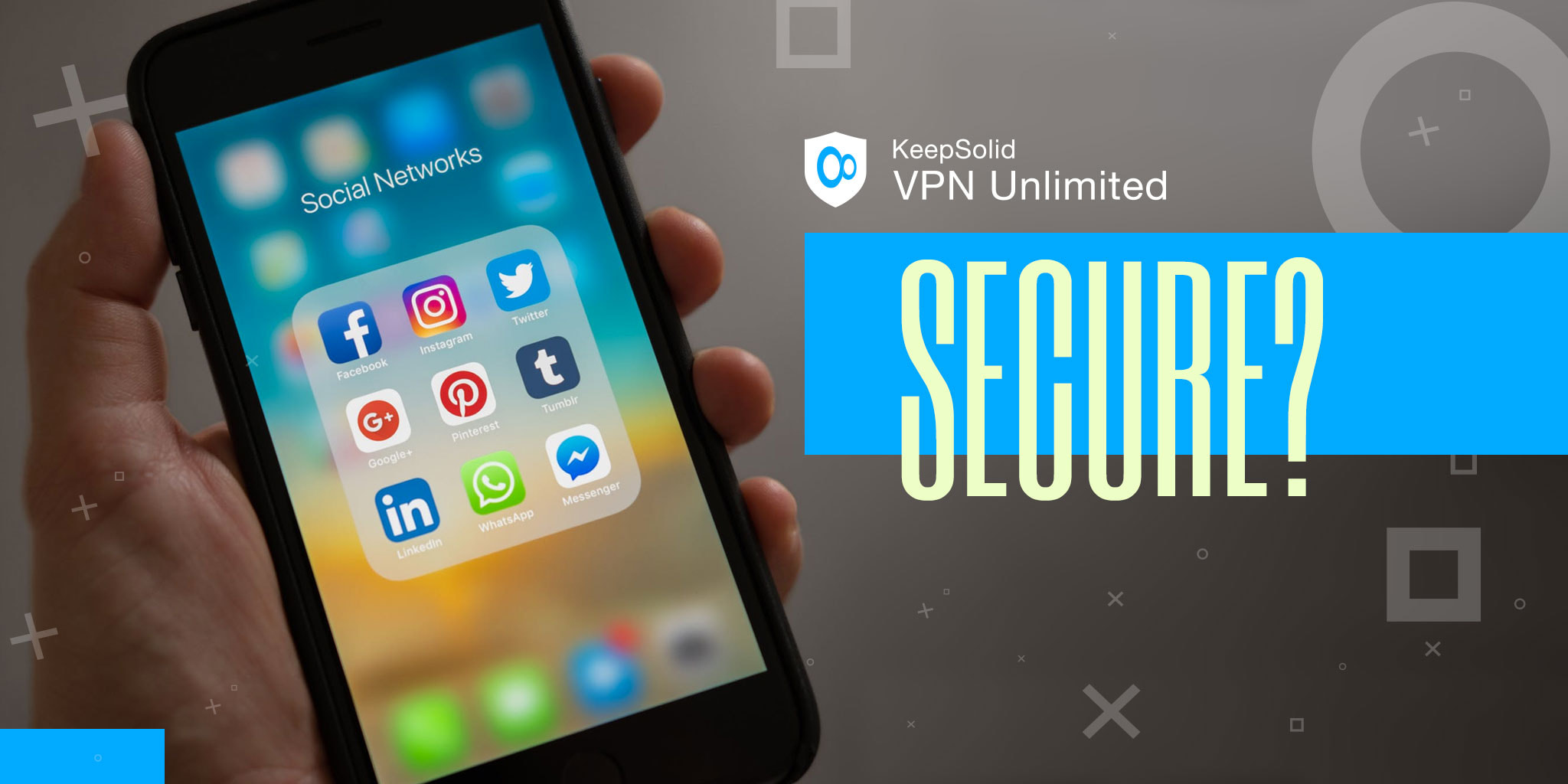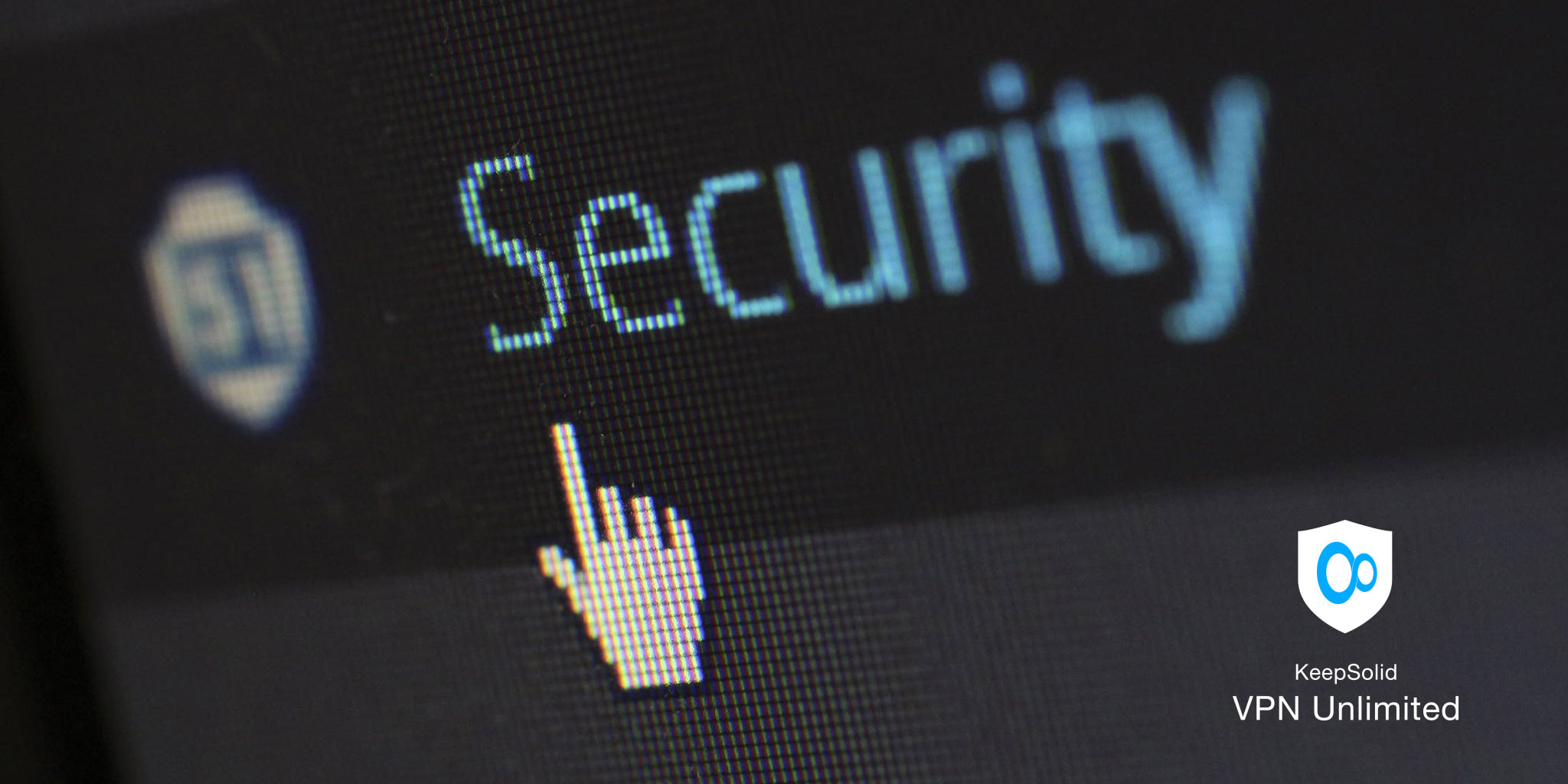Things You Need to Know About Internet Privacy

Updated on July 13, 2021: From now on, traffic filtering, malware protection, and suspicious DNS activity blocking are available as a part of the separate DNS Firewall app.
The internet is an amazing resource. It’s home to everything you can imagine, and it’s changed our way of life for the better. That being said, the internet isn’t something to be used frivolously. If you’re not careful, your information can easily be compromised online. Unfortunately, many people misunderstand the realities of online privacy, and this only leads to trouble.
In the United States, only 12% of adults are very confident in the ability of the government to protect their data. This is actually a good thing since online privacy often falls into consumers laps. In this guide we’ll cover the most important things you need to know about internet privacy so you can better protect yourself.
Stay secure and private online with VPN Unlimited
Social Networks Aren’t Private
One of the biggest misconceptions about social media is that you’re entirely in charge. Your account is yours, so you should be in control of your own information, right? Wrong. In reality, you control very little of your social media data.
First, if you’re not careful, you might be broadcasting important information like your birth date, address, phone number, or email address. While this can be hidden from the wrong people if you set your profile to private, that isn’t a perfect solution. Social media websites still track your internet usage, both inside and outside of the apps. This is why you see so many targeted ads on popular sites like Facebook and Instagram. Ultimately, you need to do your due diligence before posting on social media.

Your Information is Always Being Collected
One of the most startling things about the internet is that your data is always being collected. Like those ads we’ve just talked about, social media networks and social engines use your data as a source of profit. Free websites and applications rely on advertisements and the sale of data in order to fund their applications, so just because something is free doesn’t mean it won’t cost you anything.
While you can delete your browser history and take steps to protect your personal information, it’s still at risk when you use the internet. You’ll need to take additional measures like using a VPN in order to fully mask your data online so social media websites and search engines can’t utilize it.
Your Password Might be Unsafe
It’s well-known that people are prone to using unsecure passwords. If your password is anything predictable such as a pet’s name, birthday, or a simple string of numbers, it’s time for an upgrade. Guessing your password is often easier than you think, and hackers use what they know about you to gain access even to your most secure accounts.
Always practice safe password techniques online. Change your passwords regularly, and never use the same password for several websites. In addition, enable two-factor authentication whenever possible. You can have a social network send you a text code to login, for example, and this adds another layer of security.

Update Your Device
Finally, let’s talk about your device. Oftentimes people think their online privacy concerns end once they log out of a browser. In reality, malware and other harmful software might be lurking on your device. Updating your device regularly will help ensure your device has the latest and strongest security measures.
In addition, consider using a system logging service like Papertrail. This type of logging analyzer will send you alerts if your device is at risk of attack, and it will also be easier to debug your system if you do encounter a problem.
Stay Safe Online
Do you know how to stay safe online? If you’re not careful, you could release your information to strangers or people who want to do you harm. As we’ve mentioned before, the internet can be a great place, but it’s also worth taking your security seriously.
Take what you’ve learned in this guide into practice in your own life. The more you know about how your data is used online, the better equipped you are to make smart choices about your information.